Dungeons & Dragons: 10 Tips Every Dungeon Master Should Use When Making A Campaign
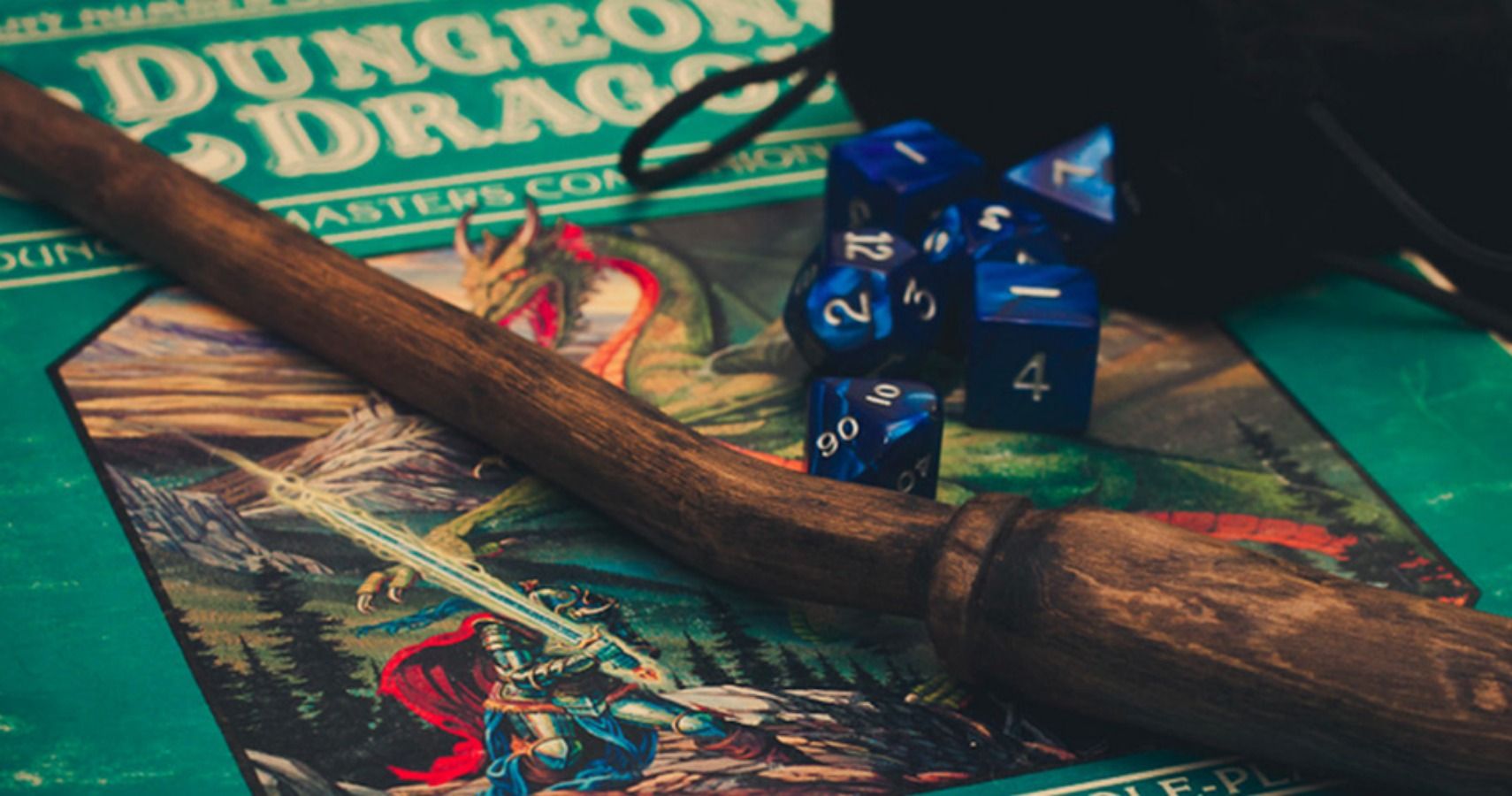
Getting together with a group of friends in order to play a tabletop game like Dungeons & Dragons is always a ton of fun. But, in order for everyone to be able to come together to have a good time, the group needs one person who can step up to be the DM, or dungeon master. This person is in charge of narrating the adventure and guiding the players and their characters through the story.
If you've decided to step up and be the DM for your group's next D&D night, then you'll have some preparing to do. Whether it's your first time being a DM or you've done it a hundred times, you're still going to have to get everything ready and get good and organized to ensure that the game goes smoothly and that everyone has a good time.
To see 10 things every DM needs to do when making a campaign, keep reading!
10 Get A DM Screen
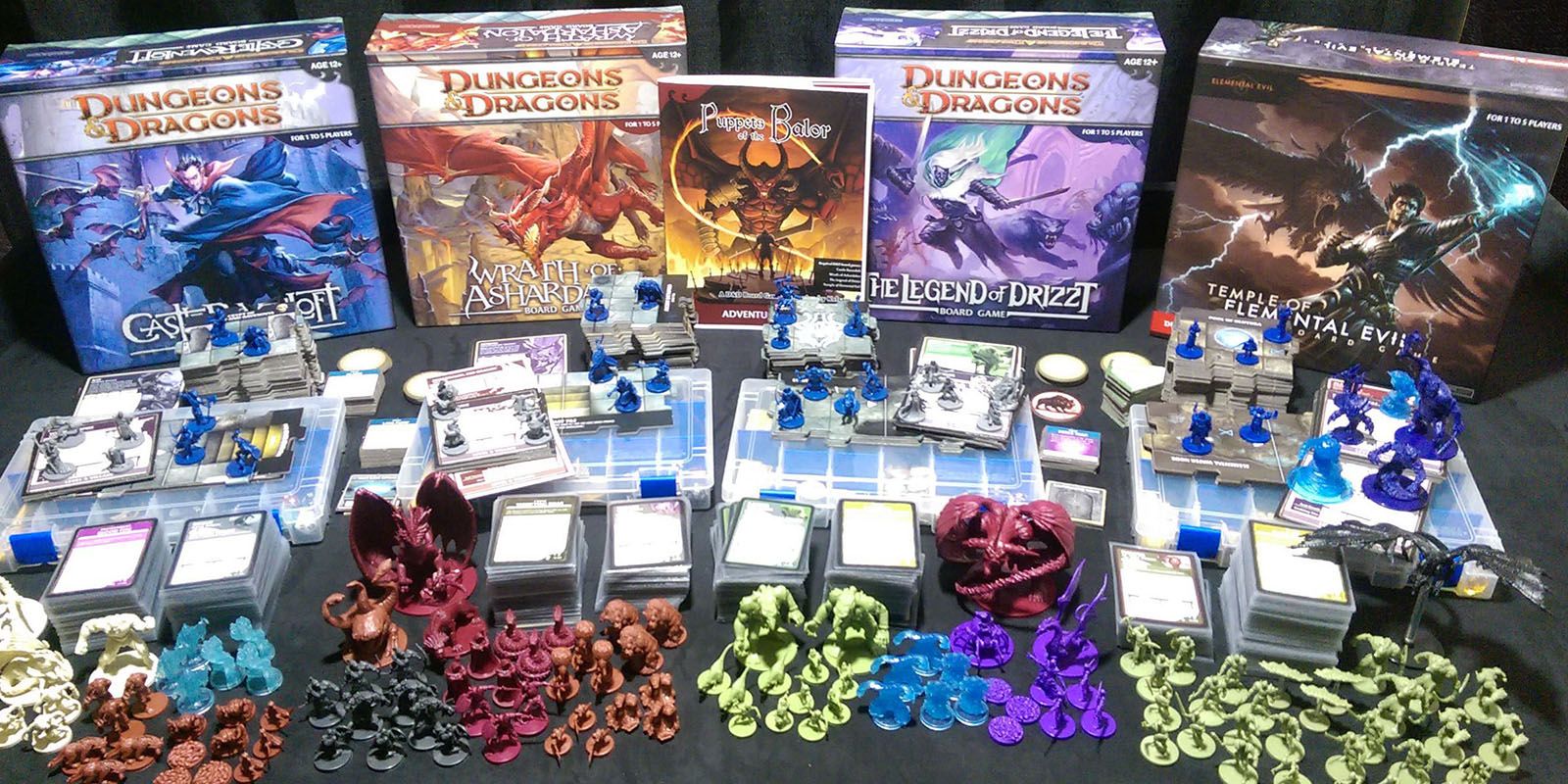
The first and arguably one of the most important things that any DM needs is a DM screen. They can be purchased online or made with poster board that can be purchased really cheaply at a variety of stores, including the dollar store! The DM screen is a board that goes in front of the DM and separates them from the rest of the players.
The side of the screen that faces the players is typically either blank or decorated with some D&D-themed art, while the side that faces the DM has a variety of important notes printed on it or taped to it. Having the screen helps you to hide the details of the adventure and keep your notes private while you're playing.
9 Stay Organized Back There
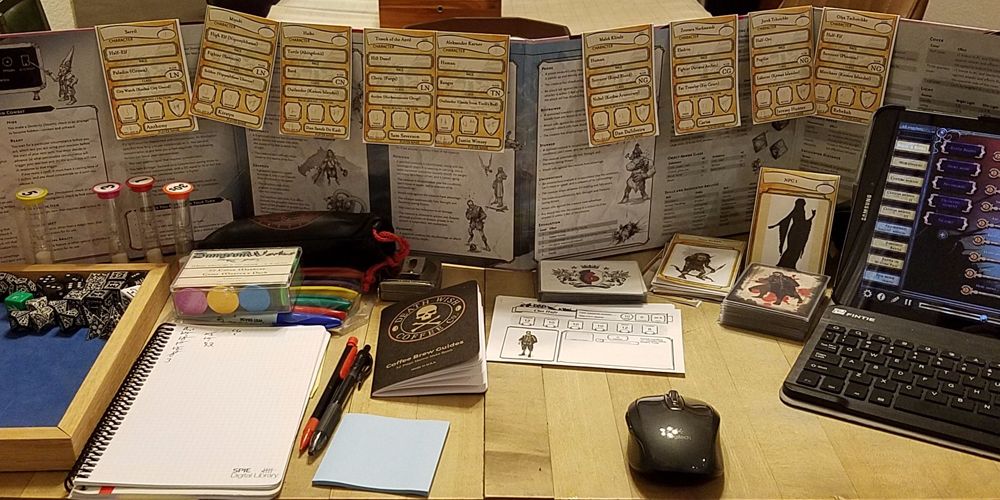
Being a DM means you're likely going to have a wide variety of different things behind your screen. Staying organized is important. Having everything you're going to be needing back there is no use if you're scrambling to try to find that item price, the details of a certain spell, or the name of an NPC that you created three sessions ago.
Keeping the immersion in the game is really the key to having fun and having your players stay really into the story that you're trying to create. If you're constantly shuffling around to try to find your notes or looking up the details for different tasks or monsters because you're not organized can ruin the immersion.
8 Keep Useful Things In The Open

Most premade screens that you can purchase online or in game stores already have a ton of important details printed onto the DM's side of the screen, but you can completely customize them to have all the information you need for your adventure right there on your screen. Just make sure that the most important things that you're going to need regularly are right there in front of you so you don't have to stop to pull out a list or table to read from.
When you're setting up your DM screen, just think of it as a cheat sheet. Except unlike in school, you're allowed to have this cheat sheet. If you want to name every NPC that the players encounter, tape a list of names to your screen. If you don't want to have to check the book every time you introduce a new enemy or give a player a new weapon, tape their stats and the prices to the screen.
7 Don't Worry About Checking The Book
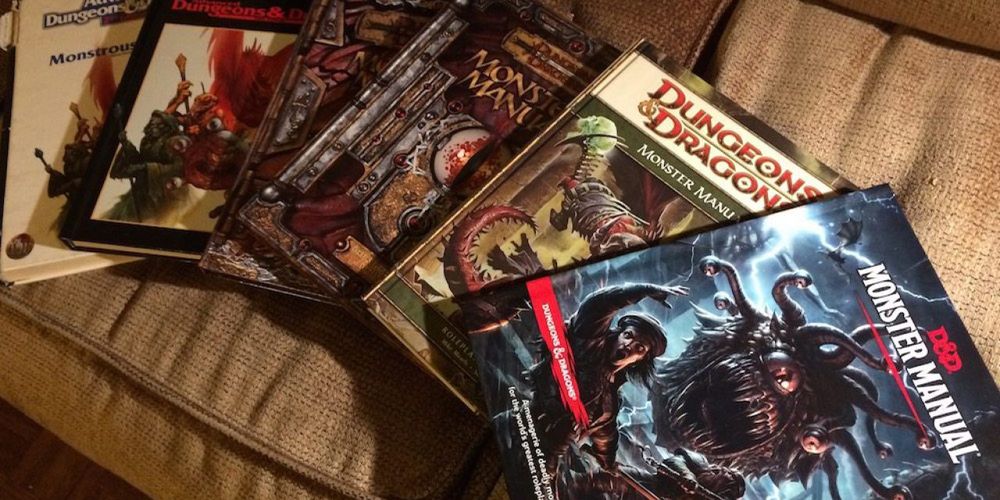
Even though keeping important information on your DM screen is definitely important, you should also not be afraid to look at the guide for the adventure that you're going to be using. If you're unsure of something, you can flip to the book to get an idea of how to handle a situation or the details of an enemy or encounter.
Before you get started, you might want to get some sticky notes to put on important parts of the adventure that you're going to want to reference later on. That way, you can ask your players a question and then subtly flip to that sticky note and no one will notice that you're double checking the guide because they'll be distracted.
6 Get To Know The Adventure Beforehand
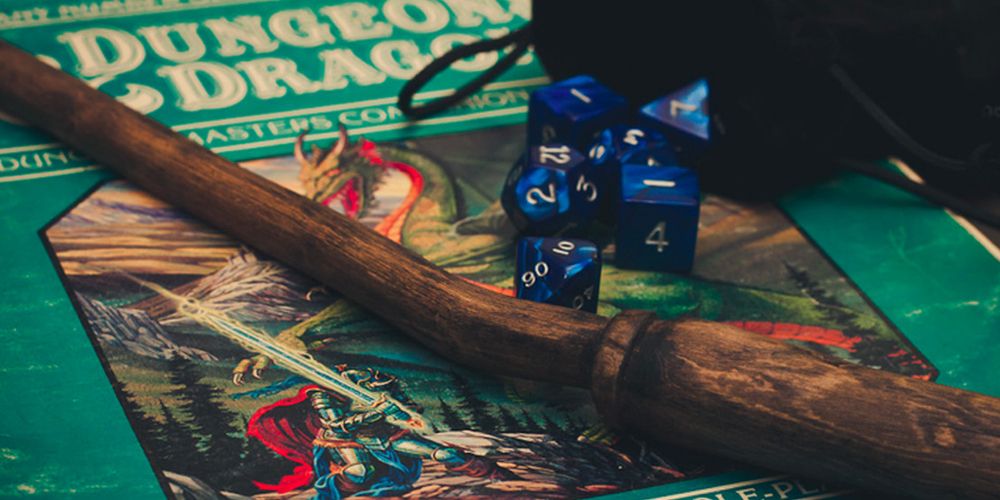
When setting up a campaign, you can either create an adventure that is completely original or you can take one of the countless premade adventures that are available out there and use it. Either way, you should know the entire adventure before you set your players out on it.
The adventure that you're using shouldn't be one that's brand new to you when you start your campaign. Whether it's one you created or a premade one, you should read through the entire thing before the game starts. That way, you can make sure that you know what's going to happen and there won't be too many lulls while you look ahead to see what your players will encounter next.
5 Let The Players Control Their Characters
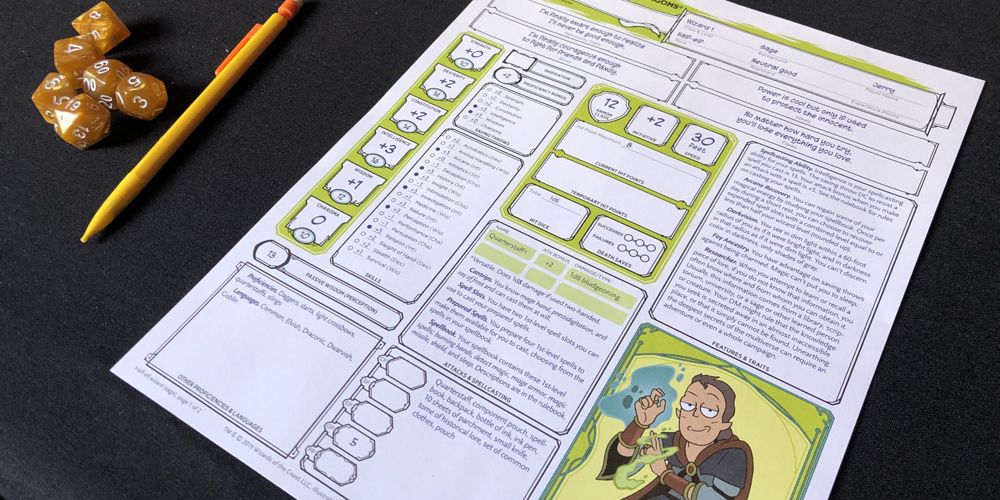
Even though it's your job to guide the players through the adventure, don't control them too much. Telling players how their character feels or how their character is going to be handling something is boring for them. Even though you might want your story to go a certain way, the players also need to feel involved or they're not going to be interested.
When you're preparing the campaign, make sure that your storytelling has open-ended areas and there are questions that you can ask the players. If they enter a dark, spooky forest, ask how they're feeling. Don't just tell them that they're terrified of what's inside.
4 Prepare For The Unexpected

No matter how well you've crafted the story that you're going to be sending your players on, make sure that you're ready for the unexpected. You may have a complex story full of really interesting NPCs and thrilling quests, but your players may not follow exactly what you planned and that's okay.
Prepare a variety of backup quests and characters just in case your players do something that you weren't planning for them to do. If they're supposed to meet a certain character but they completely ignore them, don't get frustrated. Go with it and have something else for them to do.
3 Get Into It
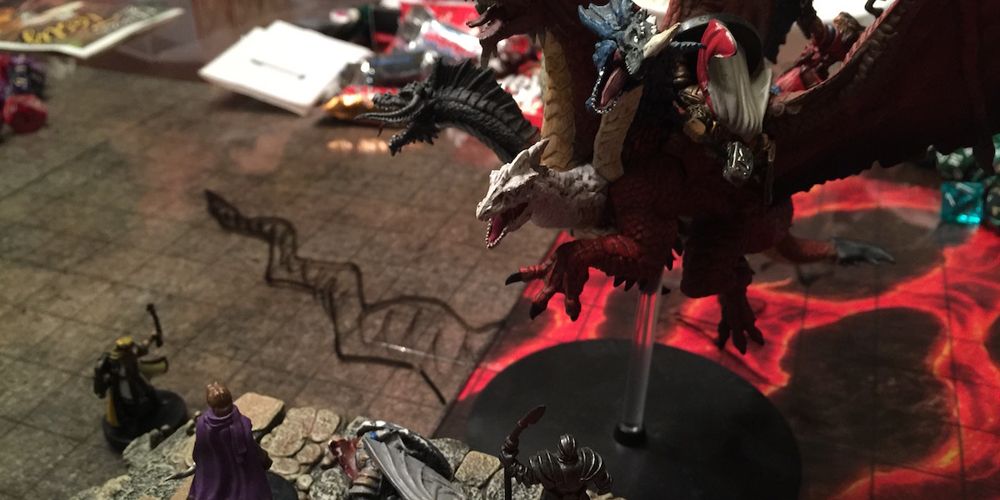
You don't have to be an expert voice actor or actress to be a good DM, but it helps to at least believe that you are. Even if you feel a little silly getting really into character and using different voices and accents for the different NPCs that you've created, it can help your players feel immersed in the story and have a good time.
When you're reading or creating the adventure that you're going to be sending your players on, try to come up with some unique quirks, accents, or voices for each character that will set them apart. It'll make your players feel more like it's a real adventure and will help them feel comfortable role-playing as their character.
2 Don't Be Afraid Of Premade Adventures... And Changing Them
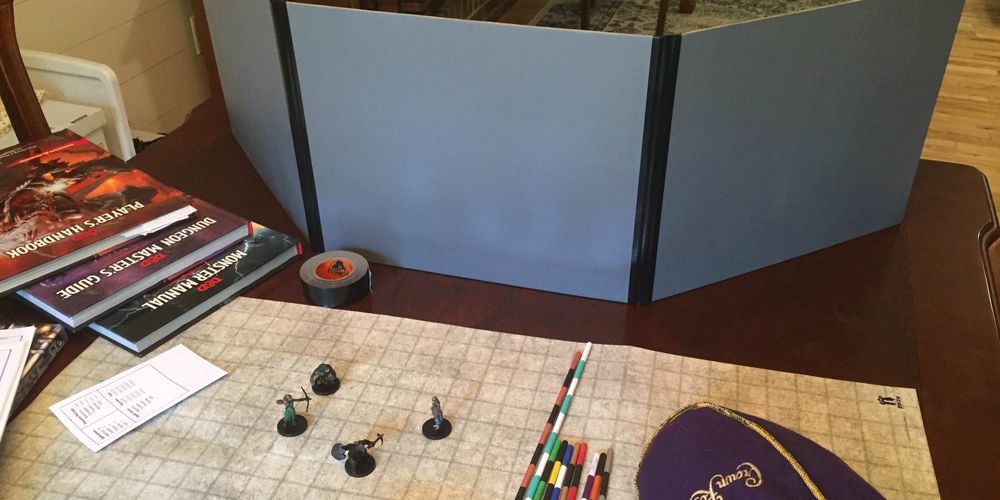
When you're planning the adventure that you're going to be sending your players out on, you might be worried about being boring. To combat this, you might want to make the most unique and interesting adventure you can come up with. While this is a great idea, don't be afraid to use (and customize!) the many premade adventures that exist.
They're already popular with players for a reason. There's nothing wrong with using those adventures or even starting with one and then veering off on your own course after you've gotten your players invested.
1 Remember That It's A Game

The most important thing to remember when you're getting ready for a campaign is that it's just a game and everyone is there to have fun.
Creating a good story is important, but remember that you're there to help your players have a good time more than anything else. Don't be too stiff or stuck on a certain idea if it doesn't seem like it's working for your players!

Post a Comment